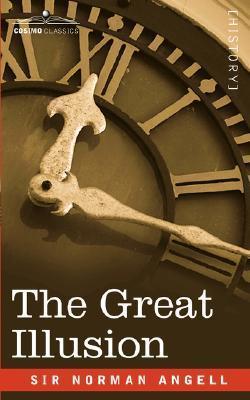Information

Author: Norman Angell
Narrator: Ryan
Format: MP3
IBSN: 9781602069381
Language: English
Publish Date: 10/12/1969
Audiobook length: 31 min
Contents
Readers Also Enjoyed Summary Audiobook 
Why listen to The Great Illusion
Listening to the summary audiobook of "The Great Illusion" by Norman Angell offers a compelling exploration of the fallacies surrounding war and the belief in militaristic solutions. Angell argues that the economic interdependence of modern nations renders traditional warfare obsolete and ultimately self-destructive. By engaging with this thought-provoking work, listeners can gain valuable insights into how psychological and economic factors shape conflicts, empowering them to approach contemporary global issues with a more nuanced understanding. The summary format provides a quick yet impactful way to grasp Angell's timeless ideas and their relevance in today's world.
Key Insights from The Great Illusion
- Norman Angell argues that war is economically irrational and counterproductive, as modern society relies heavily on international trade and cooperation for prosperity. He believes that mutual interdependence among nations makes the traditional notions of national power and military might obsolete.
- The book emphasizes that the psychological factors driving nations towards conflict often stem from misconceptions about the benefits of conquest and military strength. Angell posits that genuine security comes from diplomacy and understanding rather than aggressive posturing or war.
- Angell's work highlights the importance of education and awareness in shaping public opinion against militaristic solutions to international tensions. By focusing on the interconnectedness of modern economies, he believes societies can foster peace and prevent the devastation of war.

Brief In, Brilliance Out
Contact: buildlearn.bk@gmail.com















